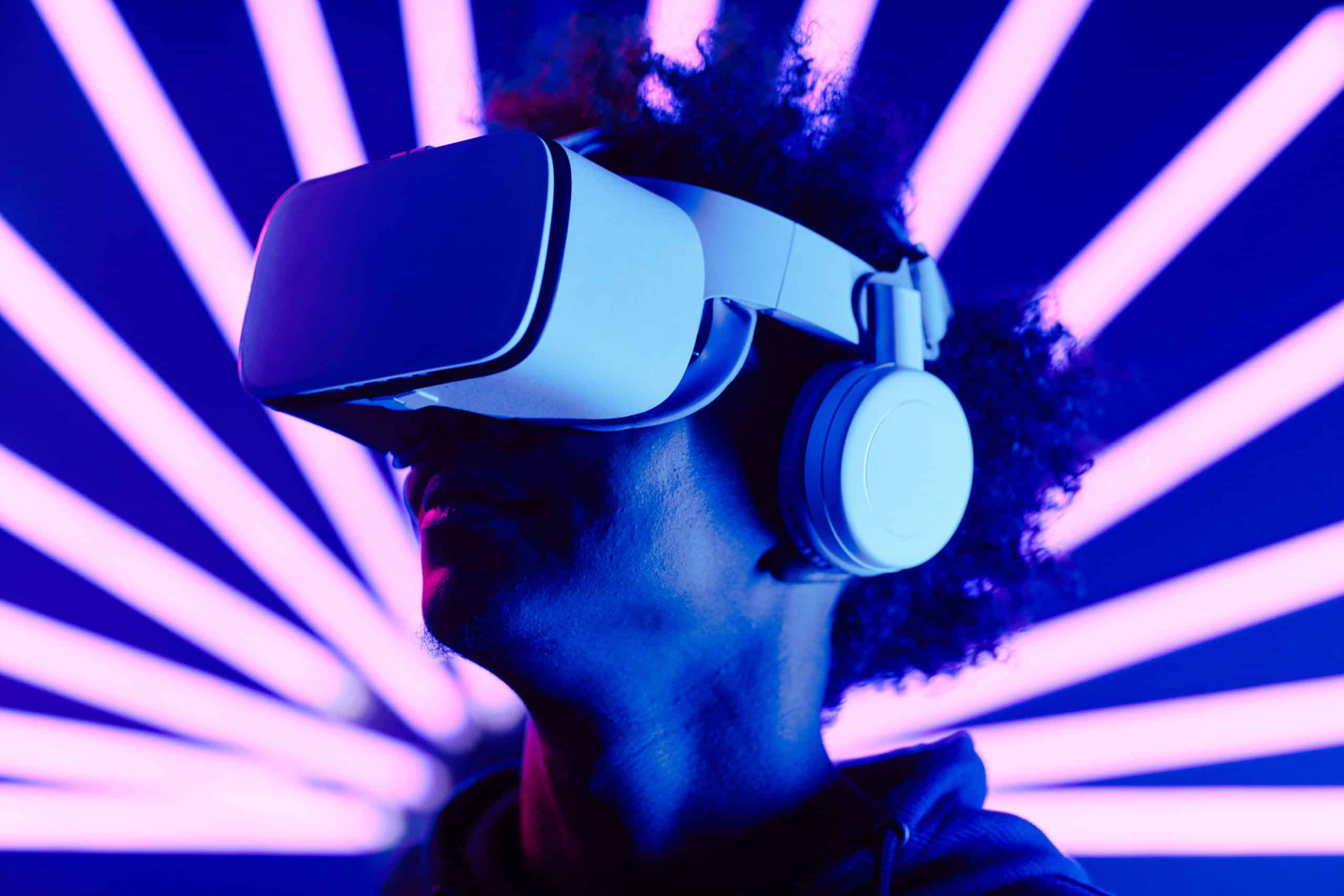What’s the Future of Voice-Recognition Technology in Controlling Smart Home Devices?

Today, we’re living in a world where the once imagined future of science fiction is slowly becoming our reality. One technological advancement that’s been seeping into the market and our homes is voice-recognition technology. From asking your assistant, Alexa, to play your favorite song, to commanding your smart home devices to turn off the lights, the convenience brought by voice recognition and smart technology is undeniable.
As users begin to appreciate the convenience and automation brought by these advancements, more questions arise. What is the future of voice-recognition technology in controlling smart home devices? Will our homes become fully automated? How will this impact our daily lives? In this article, we delve into the realm of voice recognition, its relationship with smart devices, and the possibilities it holds for the future.
A découvrir également : Discover the excitement: unveil your surprise mystery toy!
The Current State of Voice Recognition and Smart Home Devices
Before we can look into the future, it’s essential to understand the current state of voice recognition and smart home devices. Today, we have a plethora of devices that leverage voice-recognition technology, from smart assistants like Alexa and Google Home, to numerous other smart devices capable of responding to voice commands.
Voice-recognition technology has made significant strides in recent years. Devices can now understand and respond to voice commands more accurately and naturally than ever before. Due to this enhanced capability, smart home devices have become more user-friendly and intuitive.
Sujet a lire : Chatbots and accessibility: making conversational agents inclusive
The integration of voice recognition with smart home devices provides users with a level of convenience and control that was previously unthinkable. Users can control their home’s lighting, temperature, security, and entertainment systems with simple voice commands, making their homes more comfortable and efficient.
The Future of Voice Recognition in Home Automation
As the technology advances, we can expect voice recognition to play an even more significant role in home automation. Future homes will likely become more intelligent, capable of understanding and executing more complex commands.
Machine learning algorithms are continually improving, enabling devices to understand context, recognize individual users, and even predict user needs based on patterns and habits. This means that your home might soon know when you’ll arrive and adjust the temperature accordingly, or remind you to buy milk when it recognizes that you’re running low.
Security is another area where improvements are expected. Biometric voice identification may become common, allowing a higher level of security for homes. Your voice could soon become your key, unlocking doors and authorizing access based on voice recognition alone.
The Impact on Users
As homes get smarter, user experience will undoubtedly change. The convenience brought on by automation and voice control will save users time and effort, freeing up more time for other activities.
However, with increased convenience comes a need for enhanced security. As homes become more connected, they also become more vulnerable to potential security threats. Cybersecurity will have to improve alongside the technology to ensure user safety and privacy.
Moreover, as this technology starts becoming more mainstream, we can expect a shift in societal norms. Speaking to inanimate devices will no longer seem outlandish but will be considered a regular part of life.
The Role of Alexa in the Future Home
As one of the leading smart assistants today, Alexa will likely play an integral role in future homes. Alexa’s capabilities are growing rapidly, with Amazon continuously adding new skills and features.
In the future, we can expect Alexa to have a more advanced understanding of natural speech, making interactions more conversational and less command-driven. Alexa might even be able to understand and respond to emotions better, making her interactions more personable.
With the integration of more smart devices into the Alexa ecosystem, users will have even more control over their homes. From controlling home security systems to managing energy usage, Alexa will likely become an indispensable part of the future home.
Challenges and Opportunities
The future of voice-recognition technology in controlling smart home devices is not without its challenges. Issues such as privacy concerns, technical limitations, and user acceptance must be addressed for the technology to realise its full potential.
However, the opportunities are immense. As the technology improves, the level of convenience and control available to users will increase dramatically. The future home could be a place where mundane tasks are automated, security is robust and personalized, and interactions with devices are as natural as speaking to another human.
In the end, it’s clear that voice-recognition technology and smart devices are shaping the future of our homes. As these technologies continue to evolve and integrate more deeply into our daily lives, the home of the future might be closer than we think.
The Potential for Voice Assistants in Home Maintenance and Health Monitoring
The future of voice technology isn’t limited to controlling lights or playing music. As homes are becoming smarter, we’re also seeing an increase in the number of devices designed to maintain and monitor our homes and health. Voice assistants are in a unique position to become central to these systems.
For example, smart devices can keep track of your home’s electricity usage, water consumption, and overall functioning, notifying you of any issues that need attention. Imagine asking your voice assistant for a report on your home’s efficiency or if there are any maintenance tasks that need to be completed. With the integration of voice technology and smart home maintenance systems, this could soon be a reality.
In terms of health monitoring, voice assistants can interact with wearables and other health-focused smart devices. They could remind you to take your medication, update you on your step count, or even alert you if they detect an irregular heartbeat or other potential health issues. By using voice commands, users could ask these devices for real-time updates on their health status or request suggestions for improving their wellbeing.
Moreover, with the advent of natural language processing, which allows devices to understand and respond to human-like conversation, voice assistants could provide a more personalized experience. They could adjust their responses based on the user’s tone of voice or mood, providing a more intuitive user experience.
The Security and Privacy in the Era of Smart Homes and Voice Technology
With all the benefits that come with home automation and voice technology, there also comes a significant concern: security and privacy. As more of our personal and home information becomes digital, the potential for data breaches or other cybersecurity threats increases.
It’s likely that home security systems will evolve to include cybersecurity features, protecting not just against physical threats, but digital ones as well. For example, biometric voice identification, which we discussed earlier, could play a significant role in securing our homes and data.
However, privacy concerns extend beyond keeping data secure. As voice assistants become more integrated into our daily lives, they’ll also gather more information about our routines, preferences, and personal lives. It’s essential for companies to be transparent about how they’re using this data and to give users control over their information.
In conclusion, as voice recognition technology and smart devices continue to evolve, they’re set to revolutionize our homes and daily routines. From making our homes more efficient and comfortable, to monitoring our health, to changing the way we interact with technology, these advancements offer a glimpse into a future where our homes are truly smart.
However, it’s also evident that these technologies come with challenges that need to be addressed. Privacy and security, in particular, will need to be at the forefront of the development and implementation of these technologies. But with careful planning and responsible practices, the future of voice-controlled smart homes looks promising. As these technologies continue to develop and become even more integrated into our daily lives, it’s clear that the home of the future might be closer than we think.
